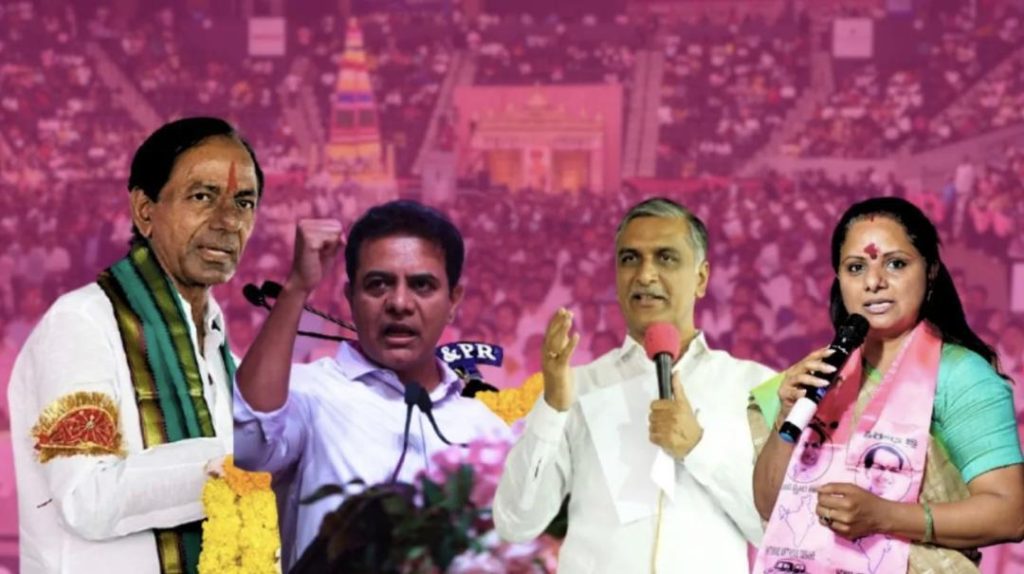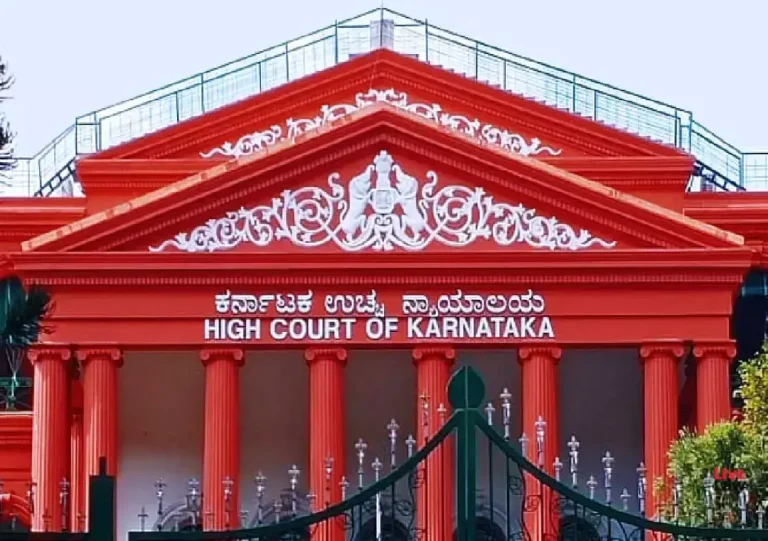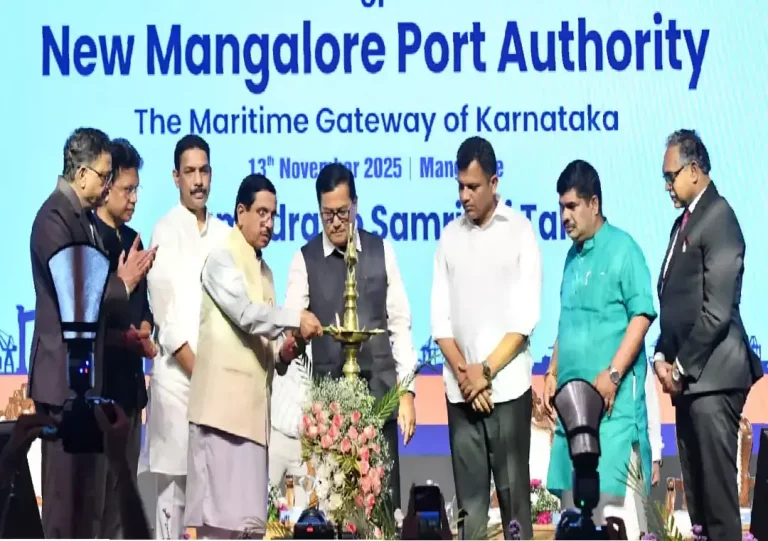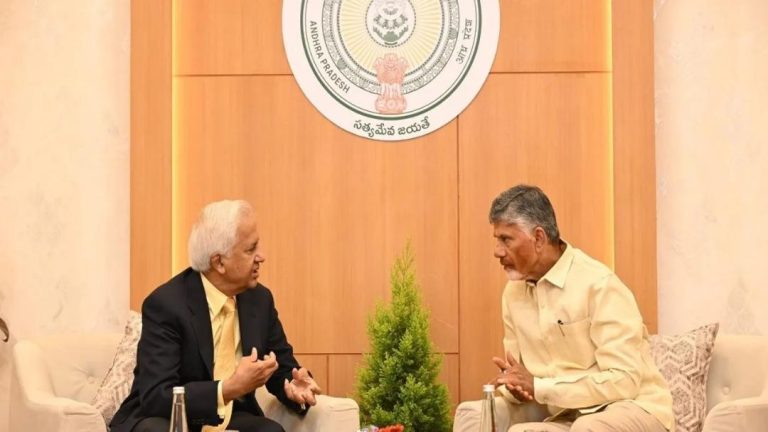
BRS’ Telangana Formation Day Celebrations: Fragmented with “Founding Father” Missing
June 18th marks a significant day for the people of Telangana – the day when the state was born out of the long-standing demand for a separate Telugu-speaking state. The formation of Telangana on June 2, 2014, was a momentous occasion that brought relief to the people who had been waiting for decades to see their dream take shape. The ruling BRS (Bharata Rashtra Samithi) has long marketed its former Chief Minister, K Chandrashekar Rao, as the “Founding Father” of Telangana. However, for someone cast in bronze in the state’s political imagination, his absence is glaring on the occasion. Incidentally, 2025 marks the second year that KCR has opted out of any public appearance during the Formation Day celebrations.
The absence of KCR, often referred to as KCR, is not just a personal matter but has significant implications for the BRS party and the state’s politics. As the architect of Telangana’s creation, KCR’s participation in the Formation Day celebrations was always a major draw. His presence was expected to boost the morale of party workers, and his speech was eagerly anticipated by the people. However, for the second consecutive year, KCR has chosen to stay away from the celebrations, fueling speculation about his health and future plans.
KCR’s absence has created a vacuum in the BRS party, leaving many wondering about the future direction of the party and its prospects in the upcoming elections. The party’s leadership is yet to come to terms with the reality of KCR’s absence, and the lack of a clear succession plan has led to confusion and uncertainty among party workers.
The BRS party, which has been in power in Telangana since 2014, has been facing internal conflicts and factionalism. The party’s failure to resolve these issues has led to a lack of cohesion and a sense of fragmentation among its ranks. The absence of KCR has only added to the party’s woes, leaving many wondering about its ability to maintain its grip on power in the state.
Despite KCR’s absence, the BRS party went ahead with its celebrations, holding rallies and meetings across the state. Party workers and leaders took to social media to express their gratitude to KCR for his role in creating Telangana. The party’s leadership also released a statement, hailing KCR as the “Founding Father” of Telangana and expressing gratitude for his efforts in making the state a reality.
However, the celebrations were not without controversy. The opposition parties, including the Telugu Desam Party (TDP) and the Congress, criticized the BRS party for its lack of transparency and accountability. They also questioned the party’s claims about KCR’s health, suggesting that his absence was a result of his declining popularity and the party’s inability to address the state’s pressing issues.
The absence of KCR has also raised questions about the future of the BRS party. With KCR’s health uncertain and his absence from the political scene, the party is facing an existential crisis. The party’s leadership is yet to come to terms with the reality of KCR’s absence and is struggling to find a way to fill the vacuum.
In the absence of KCR, the party’s leadership has been trying to rally support among party workers and leaders. The party’s working president, KT Rama Rao, has been taking the reins, but his efforts have been met with skepticism and criticism. The party’s leadership is also trying to woo back rebel leaders and workers who have defected to other parties, but the process is slow and challenging.
The absence of KCR has also affected the morale of party workers, many of whom are feeling demotivated and uncertain about their future. The party’s lack of clarity on succession and the future direction has left many wondering about their roles and responsibilities.
In conclusion, the BRS party’s Telangana Formation Day celebrations were marred by the absence of its “Founding Father”, K Chandrashekar Rao. The party’s leadership is struggling to come to terms with the reality of KCR’s absence and is facing an existential crisis. The party’s failure to resolve internal conflicts and factionalism has led to a lack of cohesion and a sense of fragmentation among its ranks. The absence of KCR has also raised questions about the party’s future and the state’s politics.






